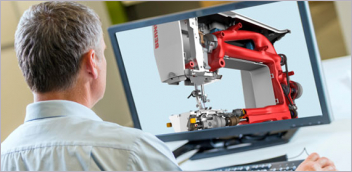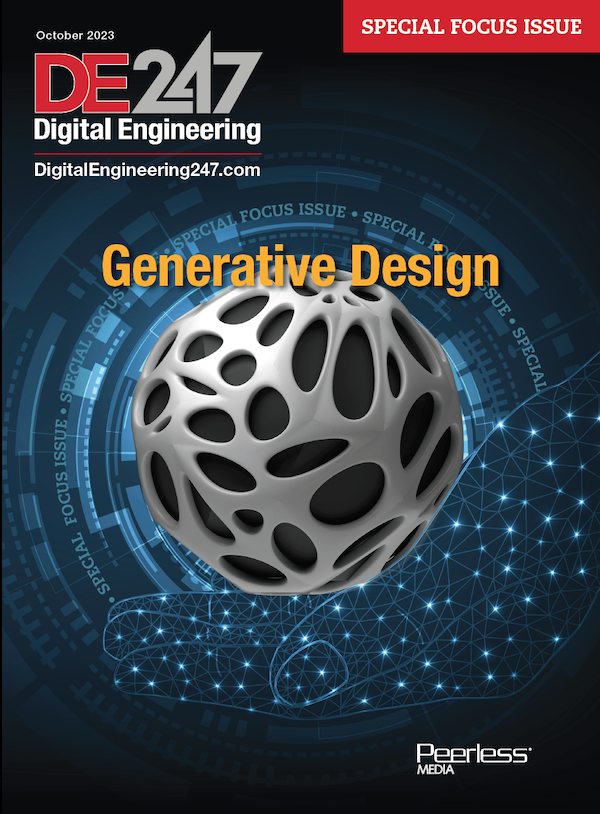Essentium Research Highlights 3D Printing Impact on Carbon Emissions
The research, commissioned by Essentium, reveals that 94% of manufacturers are actively engaged in initiatives to reduce carbon emissions.

The study highlights that 86% of manufacturers with carbon reduction initiatives report positive impacts from this technology. Image courtesy of Essentium.
Latest News
July 20, 2023
Essentium, Inc. announces findings from independent research showcasing the positive impact of 3D printing on reducing carbon emissions. As companies grapple with supply chain challenges, a growing number are adopting sustainable manufacturing approaches, including recyclable materials, reduced energy consumption and more. The research, commissioned by Essentium, reveals that 94% of manufacturers are actively engaged in initiatives to reduce carbon emissions, with 53% reporting mature and strategic programs in place.
The study highlights that 86% of manufacturers with carbon reduction initiatives report positive impacts from this technology. Manufacturers cite numerous benefits, including reduced waste (40%), shorter supply chains (36%), elimination or minimization of overruns (33%), decreased carbon footprint for parts transportation (31%), lower overall carbon emissions (30%), streamlined logistics requirements (28%) and optimized storage footprints (27%).
The study further reveals that almost all [98%] of manufacturers consider 3D printing vital for their carbon reduction initiatives, underscoring the impact this technology plays in driving positive environmental change.
“This research highlights the 3D printing's capacity to manufacture products in a much more eco-friendly way,” says Nirup Nagabandi, Ph.D., vice president of Materials and Process Engineering, Essentium. “Specifically, we are working with customers and partners to transform the manufacturing industry by enabling efficient production methods that reduce waste, cut energy consumption and eliminate transportation emissions.”
Advantages of 3D printing enable manufacturers to achieve these sustainable outcomes. By leveraging additive manufacturing techniques, companies can reduce material waste compared to traditional subtractive processes. Llocalized production through 3D printing reduces reliance on complex supply chains, leading to decreased transportation requirements and overall carbon emissions.
The findings of this research highlight the role of 3D printing in supporting carbon reduction initiatives.
For more information, visit: 2022 Trends in 3D Printing at Scale (essentium.com).
Sources: Press materials received from the company and additional information gleaned from the company’s website.
Subscribe to our FREE magazine, FREE email newsletters or both!
Latest News
About the Author
DE’s editors contribute news and new product announcements to Digital Engineering.
Press releases may be sent to them via DE-Editors@digitaleng.news.






